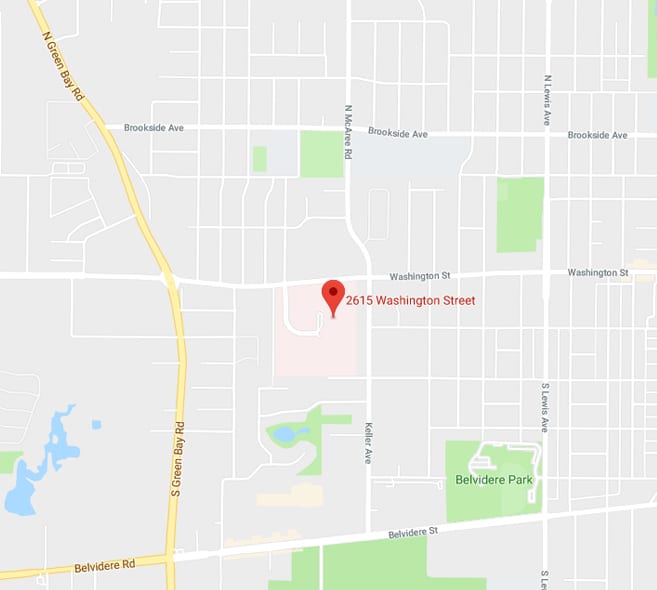Women, Trauma and Mental Health
Trauma: an event that can occur in anyone’s life that can cause physical, emotional and spiritual pain. For women, the numbers of occurrences are staggering.
- The prevalence of serious mental illness is almost 70% greater in men than women (Anxiety Depression Association of America).
- Exposure to violence makes a woman 3-4 times more likely to become depressed (National Institute on Mental Health).
- Women are more likely to experience Post Traumatic Stress Disorder than men and then wait longer than men after symptoms arise to seek treatment (World Health Organization).
- The stigma for seeking treatment is greater among women of color (John Hopkins).
Women who have experienced trauma like physical, emotional or verbal abuse and who do not receive professional support are often at a much higher risk of developing mental health conditions. These can include: depression, anxiety, post-traumatic stress disorder, even an eating disorder, substance use, self-injury or suicidal thoughts.
It is not just abuse that can cause trauma and impact mental health. Women in the military who have been through the devastation of war and who are isolated from family friends, and even pets, may begin to feel depressed and anxious. These symptoms may arise during or after a return from military locations.
COVID 19 has caused countless people to turn to substance use to thwart anxiety from loneliness, financial concerns, the death of a loved one or the worry of becoming ill. Depression and anxiety or exacerbated illnesses like Obsessive Convulsive Disorder are all on the rise at this time.
An accident, the shock of the death of a loved one, or a serious medical condition can also cause someone to lapse into depressed feelings, loss of hope and feeling like giving up. Panic disorders are often linked to anxiety caused by any of the incidents listed.
Recognizing the effects of trauma is not always easy. Women are especially likely to just look past the symptoms and continue to care for others and go on with their busy lives. Trauma may affect someone long after the actual event and can include feelings of panic, sleeplessness, anger episodes, lack of interest in activities that used to be pleasurable, increased substance use, and overall sadness. The longer the symptoms linger, the harder it can be to recover.
The sooner any person can reach for help from trauma, the sooner he/she can get better and feel better. Talk therapy, medication, or a combination of both with education and skill development can make all the difference.
Both men and women can get the help they need at Lake Behavioral Hospital. Women needing support for trauma, perinatal mood disorders, or life’s challenges can receive the help they need in either an acute inpatient setting or in our Intensive Outpatient Program. The Women’s Connection Program, provided as inpatient care, offers special gender-specific groups, activities, and a specially individualized discharge plan. Healing and recovery are possible. Please call your team at Lake Behavioral Hospital for more information or to make a referral at 855-990-1900.






